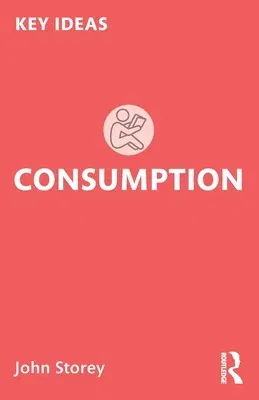This book provides a clear and wide-ranging overview of consumption as a
sociological concept. Arguing that consumption is both an unavoidable
part of life and an ongoing dialectical process, it gives a critical
assessment of a range of theoretical approaches to the study of
consumption and the possibilities these frameworks can offer.
Consumption is something we all do. It is not just another word for
shopping. When we eat and drink, or when we read a book or watch TV, or
visit an art gallery or spend an evening in a pub, we are consuming.
There is not 'a world of consumption' that some of us do not enter. We
are all consumers and consumption must be regarded as an important
sociological concept as a result. Consumption is also connected to
notions of 'agency' - what people do, rather than what is done to them
or made available to them for their doings. Before the critical focus on
consumption, it was assumed that the meaning and use of things was
dictated by how they were produced or by their simple mute materiality.
Focusing on consumption challenges this way of thinking: rather than the
mute and predictable end point of production, it is rethought as an
activity, a process, something we do that involves use and meaning. It
is how most of us intervene in culture.
This thought-provoking yet accessible book offers a valuable
introduction of the concept of consumption for researchers and
undergraduate and postgraduate students in a range of fields within the
humanities and social sciences, including sociology, history,
anthropology, English, media and cultural studies.

